
US tech giants and the (untaxed) billions in offshore accounts
A recently released report by advocacy group Citizens for Tax Justice has revealed the staggering amount of money being held in offshore accounts by US technology firms.
Offshore Shell Games 2015 discloses that almost 72 percent of businesses listed on the Fortune 500 operated tax haven subsidiaries as of the end of last year.
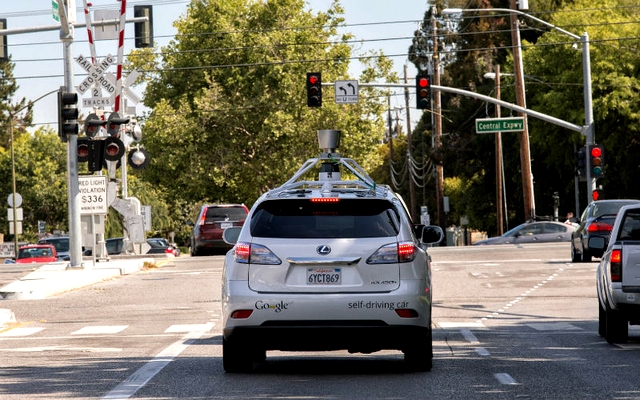
How to confuse a self-driving car using everyday hardware
We've already seen that conventional cars can be vulnerable to attacks by hackers. But it seems that self-driving vehicles may be equally vulnerable.
It's possible to trick a self-driving Google car into stopping or taking evasive action using around $60 worth of hardware according to a leading security researcher.

Will my phone get Android 6.0 Marshmallow?
With the release of Marshmallow (Android 6.0) the usual question rears its head. It's the eternal question that Android users ask themselves every time Google releases a new version of its mobile operating system: will my phone get the upgrade? If you have a Nexus device, you are probably in luck -- unless it's really old, of course -- but what about everyone else?
Unlike Apple's iPhone, which has a very long support lifecycle when it comes to iOS upgrades, Android is famous for its fragmentation. Marshmallow may have been released, but it's down to individual handset manufacturers and carriers to push out the updates. So... is your handset in line for the upgrade? Here's what we know so far.

Google will crank the mobile web up to warp speed with Accelerated Mobile Pages
Google today announced a project which has the aim of speeding up the web for mobile users -- Accelerated Mobile Pages, or AMP. While there are clearly benefits for users in speeding up the web, Google is pushing the benefits that advertisers could reap: if a page takes too long to load, visitors may give up and not see any ads at all.
The AMP project is an open source initiative that gives publishers the ability to optimize their site code for mobiles so it will "load instantly everywhere". The aim is to be as platform independent as possible, allowing for optimize-once workflow. The result of a collaboration between Google, Twitter, WordPress, LinkedIn and others, a new open framework called AMP HTML has been put together from existing web technologies.

Russia orders Google to unbundle its apps on Android
After three weeks of discussion over the punishment for Google, Russian Federal Anti-Monopoly Service has ordered the company to unbundle applications on Android.
The complaint, originally filed by Yandex, asked for a change to Google’s pre-installation of apps. Instead of Google deciding what apps should and shouldn’t be on a mobile, the manufacturer will be able to pick and choose from a variety of services.
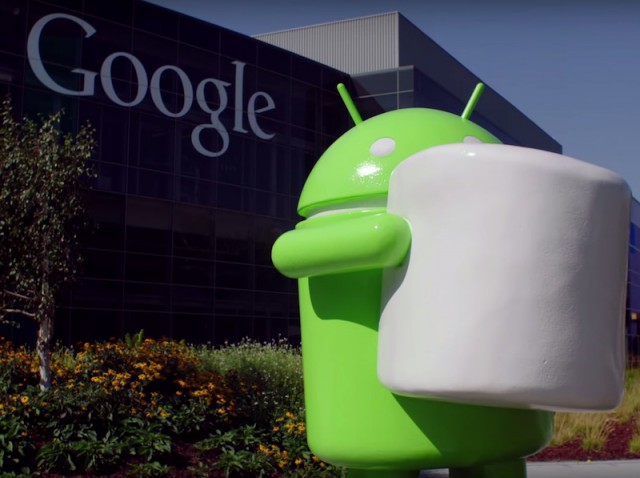
Android 6.0 Marshmallow: How to enable battery percentage and hide Quick Settings toggles
After upgrading to Android 6.0 Marshmallow on your Nexus device you have likely noticed that there is still no way to change how the battery information is displayed in the status bar or choose which Quick Settings toggles are shown in the notifications panel. Google continues to be quite limiting in this regard, which is a bit puzzling considering others like Samsung allow this kind of customization. (After all, who wouldn't like to see a battery percentage instead of a bar that is hard to interpret?)
Fortunately, both of those things can be easily customized without relying on third-party apps or rooting. All you need to do is enable System UI Tuner, a control panel that is included, but hidden by default, in the latest version of Android. Here is how you can do that.
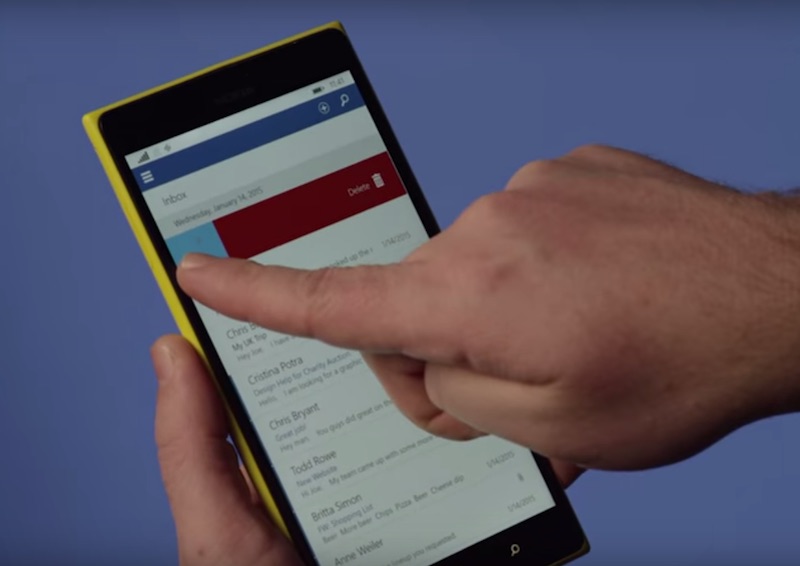
What if Google announces Play Store and Android apps support for Windows 10 Mobile devices?
Chatter on Twitter suggests that Google will be present at Microsoft's grand "Windows 10 Devices" event tomorrow, and it would announce Android apps support for Windows 10 Mobile devices. Bolstering the theory is the two company's seemingly improving relationship, the biggest testament of which was up on display when the two recently agreed to drop 20 patent lawsuits they had filed against each other. If it indeed true, what does it mean for Microsoft's mobile operating system? Revival.
It's no secret that Android and iOS are the two dominant mobile operating systems out there -- whether you like it or not. Windows Phone has been playing catch up ever since its inception -- quite literally as Microsoft was late to arrive in the mobile operating system party. Perhaps it didn't get the memo. This race left the company's mobile operating system non-beneficial for mobile developers to make apps for it. And how can you blame them? Windows Phone had less than 5 percent of market share. So a majority of these developers never made apps for Windows Phone.

How to Install Android 6.0 Marshmallow on Nexus 5, 6, 7, 9 using Windows PC or Mac
Google has released Android 6.0 Marshmallow, the latest iteration of its mobile operating system. The update will be rolled out over the air for a number of handsets starting from Nexus 6, Nexus 5, Nexus 7 (2013), and Nexus 9, but you can speed up the process by using the factory images.
As you might be familiar, factory images need to be installed on your device manually. In case you don't remember the procedure, here's how you can get the latest flavor of Android on your device.

Monthly Android update guarantee is 'unrealistic'
The widespread Stagefright vulnerability has lead Google and Samsung to announce plans for monthly Android updates, which would minimize the time it usually takes to fix security bugs in their distributions. LG has quickly followed suit with a similar pledge of its own, but, when asked if it will do the same, HTC has basically said "no".
HTC is among the few Android vendors that deliver major software updates in a timely fashion, so this comes as a bit of a surprise. HTC America president Jason Mackenzie says that such a commitment is "not realistic", pointing at carrier approvals as the main reason why it is extremely difficult to guarantee a monthly release schedule.
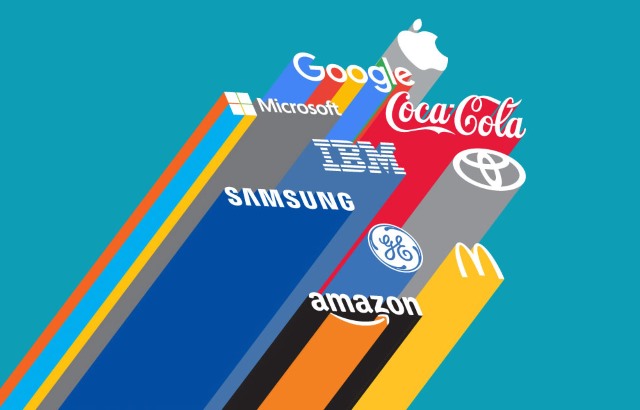
Apple is the best brand in the world
Interbrand has published its Best Global Brands 2015 list. As in previous years, technology companies are well-represented in the list, and this time around it is Apple that takes the top slot. The company, which just launched the iPhone 6s and iPhone 6s Plus is valued at $170 billion -- an increase of 43 percent.
Google finds itself in second place with a $120 billion valuation (up 12 percent from last year), and Microsoft is not far behind in fourth position with a valuation of $67 billion. IBM and Samsung are in fifth and seventh place, and an increase in value of 29 percent to $37 billion sees Amazon just creeping into the top ten. Further down the list there are some new arrivals to note.
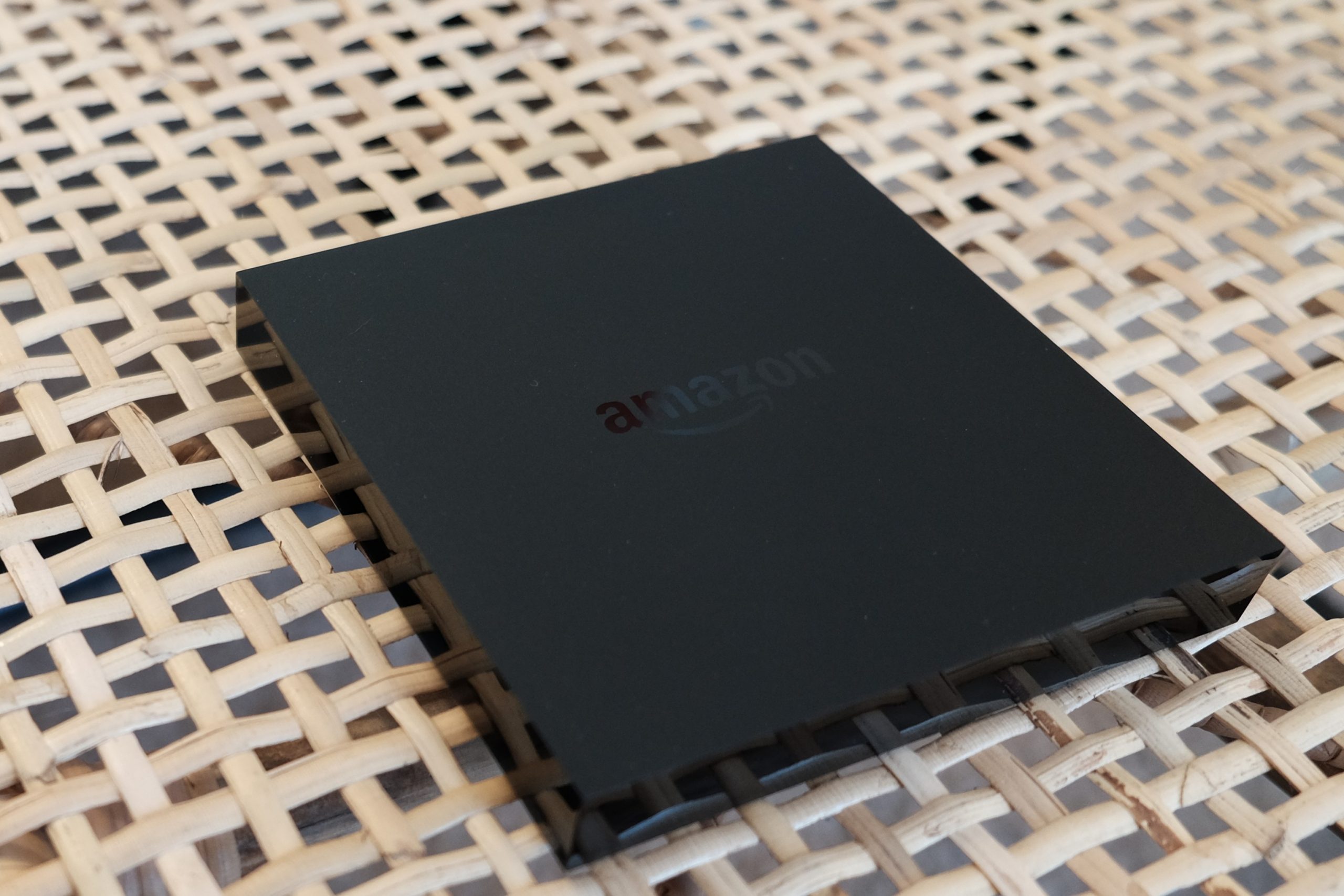
Amazon Fire TV is hot [first-impressions review]
Streaming set-top boxes are no longer about media consumption. The newest entrants—from Amazon, Apple, and Google—fit into a larger lexicon of connected digital lifestyles. Think intelligent television for the information-obsessed and for visual voyeurs demanding the highest-quality video that is commercially available.
On Oct. 1, 2015, I started testing the new Amazon Fire TV, which goes on sale October 5th. I will later review the newer Google Chromecast but unlikely Apple's device (because a review unit isn't available and I wouldn't buy one for personal use). There is nothing radically new about Fire TV. It's more of the same only much better. Key benefit for some: 4K Ultra HD video support. Benefit for all: Enhanced voice-interaction capabilities that include Amazon's Alexa digital assistant. Then there are iterative enhancements that improve overall benefits.
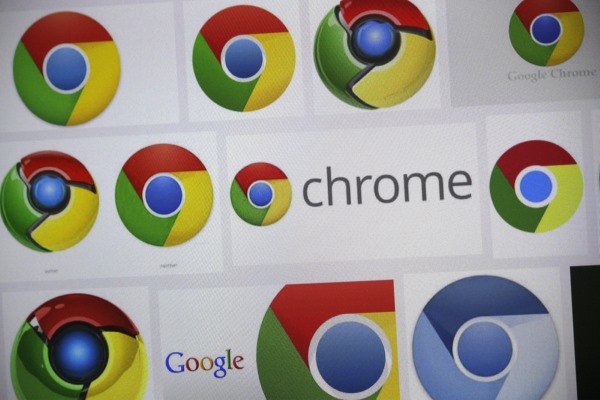
Developers can now respond to reviews in the Chrome Web Store
Reviews can be an important factor in deciding which app or extension to install. The idea of user reviews is something that has been adopted by Apple in its App Store, and is also used by Microsoft and in Google Play. The Chrome Web Store also features reviews, and a new feature has just been added that could make them more useful than ever -- the ability for developers to respond.
This is an important change as it gives developers the right of reply. When reading a review written by someone you almost certainly don't know, it can be hard to tell if their opinion should be trusted. Did they rate the app or extension poorly because there is a problem with it, or did they not understand how to do something. Giving developers the chance to reply to reviews allows for greater transparency and allows others to see that the developer in question is reading feedback -- but it may not all be good news.
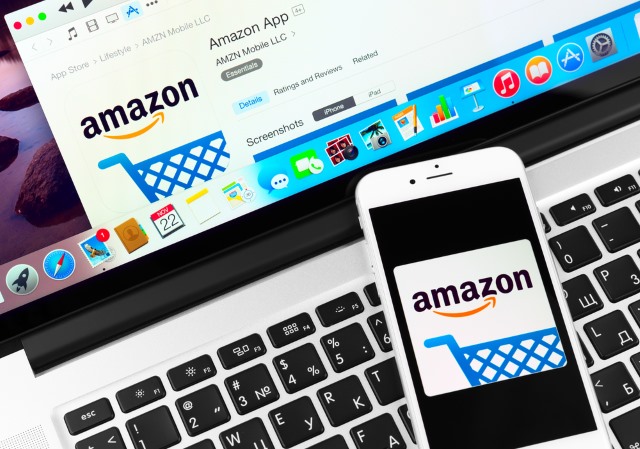
Amazon to cease sale of Apple TV and Chromecast
As of 29 October, shoppers will no longer be able to buy Apple TV or Chromecast devices from Amazon. Citing compatibility issues with Prime Video, Amazon emailed marketplace sellers to inform them it is not accepting new listings for the two media devices, and any existing listings will be removed at the end of October.
The move indicates not only the importance Amazon places on its streaming Prime Video service, but also that it views Apple and Google as serious rivals. The two companies have yet to respond to the news, but it is unlikely to be well-received.

Stagefright 2.0 vulnerability is here -- your Android device is probably at risk
Holy cow, Google, what the heck is going on here? Android should have been a Utopian-like Linux-based operating system that was secure and available to all. Unfortunately, the only things being made available to the masses are vulnerabilities. Quite frankly, the search giant is giving Linux a bad name.
When the Stagefright vulnerabilities were made public, it really underscored how broken the Android update problem is. Hell, people like me -- longtime Android users -- switched to iOS as a result. A lack of operating system updates from both manufacturers and cell providers means many users are forced to live with vulnerable devices -- not acceptable. Today, new vulnerabilities dubbed Stagefright 2.0 are revealed, and most Android devices -- since 1.0 of the operating system -- are now at risk.
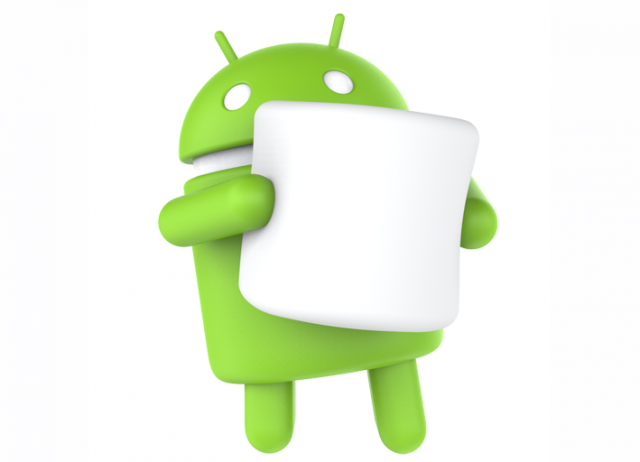
Android 6.0 Marshmallow rolling out October 5
Google has said that the new version of its mobile operating system, Android Marshmallow, will begin rolling out next week.
In fact the rollout of Android 6.0 will begin on Monday October 5, the Inquirer reports, when Nexus device owners will be able to snag the new OS.